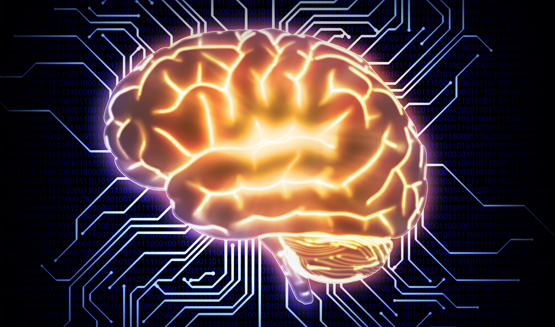MSc thesis project proposal
[2020] Single-Cell Artifact-Free Stimulation for Next-Generation Brain-Machine Interfaces [Already taken]
The next generation of electrical brain-machine interfaces (BMIs) will be able to perform precise closed-loop neuromodulation, adapting their stimulation parameters based on the elicited neural activity. In order to do so, these systems require a bi-directional interface capable of simultaneous stimulation and recording.
However, a serious technical challenge for closed-loop systems is removing the stimulation artifact resulting from injecting a current into the high electrode impedance. Stimulation artifacts are large recorded waveforms that can obscure the neural response of interest, and are thus a severe problem for bi-directional neural interfaces.
Several techniques have been proposed to deal with the stimulation artifact. Front-end artifact-resilient circuits and back-end artifact cancellation techniques are both used to cope with the artifact in the recording. However, these techniques usually require a large dynamic range in the acquisition chain, lowering the power efficiency of the entire system. A technique that is much better suited to large-scale BMIs, where power efficiency is critical, is to minimize the artifact at the origin by using optimized stimulation waveforms.
Assignment
The idea is to study an optimization algorithm for the stimulation waveform that minimizes the artifact. This system-level analysis needs to take into account the requirements for hardware implementation - e.g. digital complexity, D/A resolution and frequency, etc. The proposed system will be then verified in a laboratory setup, and the stimulation circuit implemented in Cadence and verified with post-layout simulations.
Requirements
MSc EE-ME student.
You should be comfortable with MATLAB/Python, IC design and getting your hands dirty in the lab. Curiosity, hard work, and creativity are always needed. If you are interested, contact Dr. Dante Muratore via email with a motivation letter and attached CV (with taken courses and grades).
Contact
dr. Dante Muratore
Bioelectronics Group
Department of Microelectronics
Last modified: 2022-05-09
